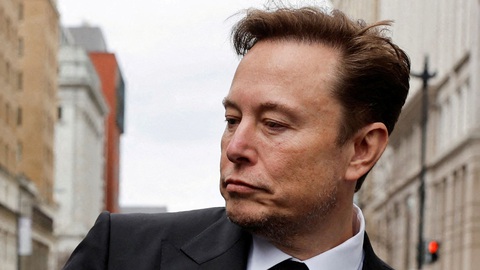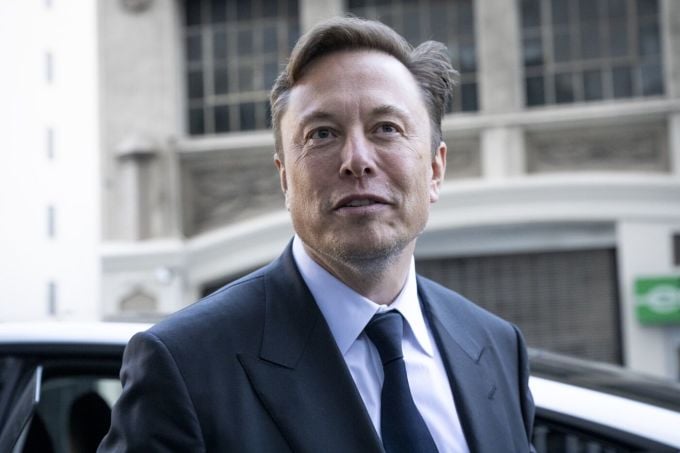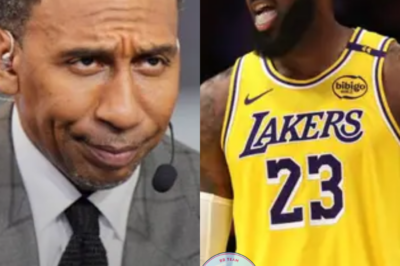Elon Musk, CEO of Tesla, is facing significant challenges as customer loyalty to the Tesla brand has become a major concern. Recent data reveals troubling trends for the electric vehicle (EV) giant, as the number of Tesla vehicles being returned has reached a record high. This marks a significant shift in consumer behavior that could have long-term implications for the company. Tesla’s vehicles, particularly those from the 2017 model year and later, now account for 1.4% of all traded-in vehicles as of mid-March 2025. This figure has more than tripled from just 0.4% in the same period last year, indicating a growing dissatisfaction among Tesla owners. Moreover, this rise in trade-ins has coincided with a sharp decline in searches for used Teslas, down by 16% over the past month, while interest in used non-Tesla electric vehicles has surged by 28%.
These developments are largely attributed to the growing backlash against Musk, especially concerning his political affiliations and his role as an adviser to former President Donald Trump. Musk’s political activities, including his efforts to streamline the government workforce and reduce federal spending, have sparked strong reactions from Tesla’s customer base, particularly those who are disillusioned by his perceived support for far-right political parties. This backlash has been particularly pronounced in the United States and parts of Europe, where Tesla owners have publicly voiced their frustration with the company’s leadership. In extreme cases, some owners have gone as far as setting fire to their Teslas or vandalizing the company’s showrooms and charging stations.
The impact of this backlash is evident in the declining loyalty to the Tesla brand. Jessica Caldwell, director of analysis at Edmunds, commented that “Tesla brand loyalty is becoming a big question mark,” as more longtime Tesla owners begin to distance themselves from the company. The combination of Musk’s political involvement, the rising concerns over the depreciation of Tesla vehicles, and the increasing market saturation in major metropolitan areas is causing some customers to reconsider their commitment to the brand. For many Tesla owners, the brand was once synonymous with innovation and environmental responsibility, but these values seem to be overshadowed by the controversies surrounding Musk’s public persona.

The growing dissatisfaction with Tesla has also led to significant shifts in the market dynamics for electric vehicles. Analysts at Edmunds predict that as Tesla’s brand loyalty wanes, traditional automakers and newer EV startups will find opportunities to capture market share. Companies that offer competitive pricing, cutting-edge technology, and, perhaps most importantly, less controversy around their leadership, stand to gain from Tesla’s increasingly polarized image. The EV market is becoming more crowded, with automakers like Ford, General Motors, and new players like Rivian and Lucid Motors offering alternatives to Tesla’s once-dominant lineup. These competitors are now in a position to attract Tesla owners who are frustrated with the brand’s recent controversies or are simply seeking a fresh alternative.
Additionally, Tesla’s sales performance has been under pressure. For the first time, Tesla saw a global decline in car sales last year, a worrying sign for a company that has traditionally experienced exponential growth. The company is also facing heightened competition in key international markets, particularly in China, where local EV manufacturers are rapidly gaining ground. Tesla’s sales have also been sluggish in Europe, where a combination of regulatory challenges, changing consumer preferences, and the rise of competing EV brands has made it harder for Tesla to maintain its once-dominant position.

One notable example of a Tesla owner’s shift in loyalty is Fred McKinney, a business consultant who recently traded in his 2018 Tesla Model 3. McKinney explained that he made the decision to part with his vehicle in protest of Musk’s leadership. In a post on LinkedIn, McKinney shared his frustration, stating, “I thought about putting a ‘I hate Musk’ sticker on it. But it’s better to sell it.” He went on to advise potential car buyers, saying, “If you’re considering a new electric car, don’t buy a Tesla.” This personal account highlights the growing disillusionment with Tesla, especially among consumers who once embraced the brand for its innovation and environmental credentials.
Musk’s political influence and public statements have undoubtedly played a major role in shifting public perception of Tesla. While the company remains a leader in the electric vehicle industry, the broader impact of Musk’s actions on consumer sentiment cannot be ignored. As Tesla faces mounting challenges, including declining loyalty, falling used car prices, and intensifying competition, the company’s ability to maintain its dominance in the EV market is increasingly uncertain. For Tesla, the road ahead will require more than just innovative vehicles and ambitious goals—it will need to rebuild trust with its customer base and address the growing concerns surrounding its leadership.
The impact of these changes is also reflected in the stock market. Tesla shares, which had once seen a dramatic rise following the U.S. presidential election, have now erased all of their gains. This marks a stark contrast to the optimism that surrounded Tesla’s meteoric rise as an innovative and disruptive force in the automotive and energy sectors. As the stock price stagnates and consumer sentiment weakens, Tesla faces an uphill battle to regain its position as the undisputed leader in the electric vehicle space.
In conclusion, the rise in Tesla returns, the decline in brand loyalty, and the increasing backlash against Elon Musk’s leadership represent a significant shift in the EV market. Tesla’s once-loyal customer base is now questioning its allegiance to the brand, and the company’s ability to weather these storms remains to be seen. As competitors rise and consumer sentiment continues to shift, Tesla will need to find a way to adapt to the changing landscape. For Musk, the future of Tesla may hinge on his ability to reconnect with customers and move past the controversies that have threatened to overshadow the company’s remarkable achievements in electric vehicle technology. The stakes are high, and only time will tell if Tesla can regain its foothold in an increasingly competitive market.
News
Stephen Curry scores 52 points, hits 12 3-pointers in Warriors’ 134-125 win over Grizzlies.
Curry became the 3rd player in NBA history with at least 50 points, 10 rebounds, five assists and five steals…
Stephen A. Smith says he would have ‘immediately’ taken swing at LeBron James had Lakers star touched him in confrontation.
The ongoing Stephen A. Smith-LeBron James feud has escalated. A very public back and forth between the ESPN pundit and…
Stephen A Smith, Lebron James feud takes turn no one expected.
(Kirby Lee, Gary A. Vasquez-Imagn Images) When two individuals at the top of their selected professions have a public disagreement,…
Stephen Curry Meets a Young Boy Who Can’t Afford Basketball Shoes What Happens Next is Life-Changing
The Power of Dreams: Jamal and Steph’s Unlikely Connection In the heart of East Oakland, amidst the cracked concrete courts…
Michael Jordan Gives Stranded Woman a Ride, 3 Years Later She Finds Out Who He Really Is
In a pouring rain in Chicago, Sarah Thompson was driving her old Honda on a deserted road, trying to get…
Michael Jordan Bought His Mom Her Dream House – Her Reaction Left Everyone in Tears!
When Michael Jordan was just eight years old, he promised his mother one cold evening as the family sat around…
End of content
No more pages to load













